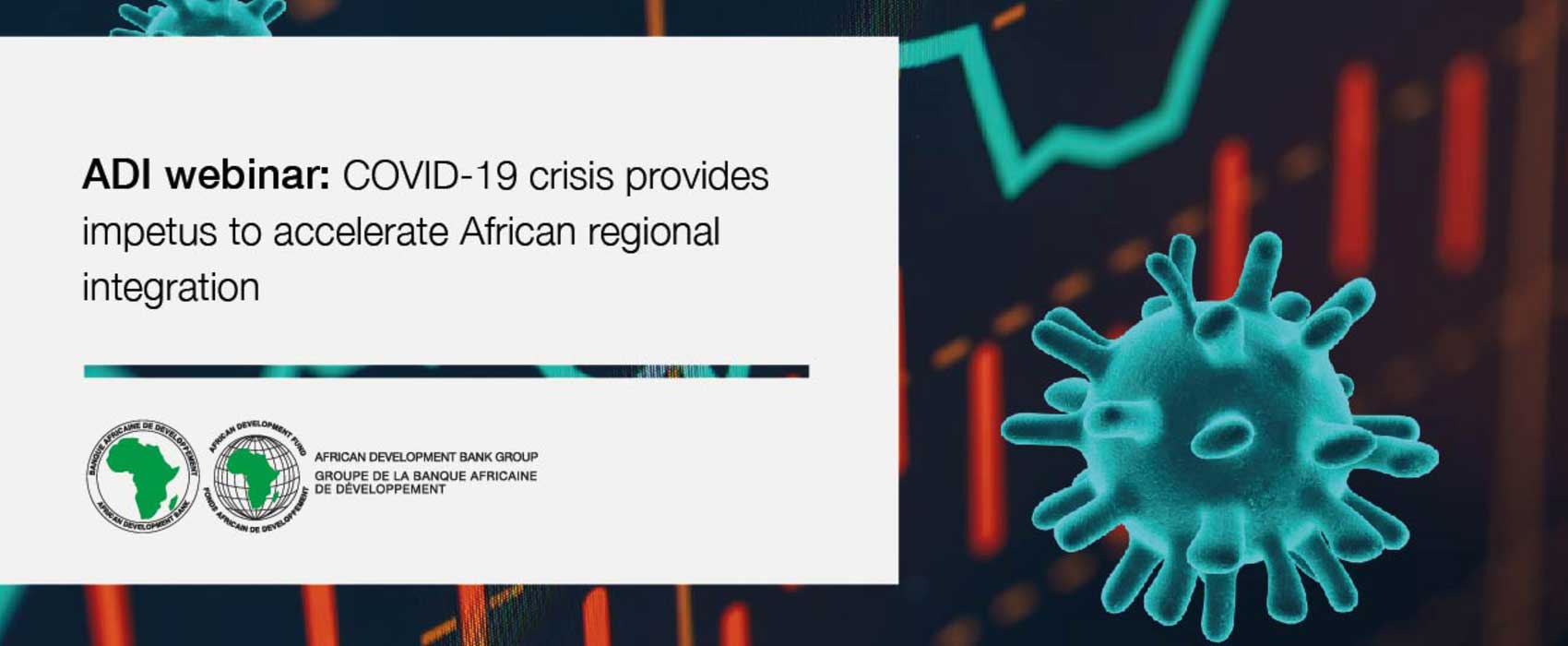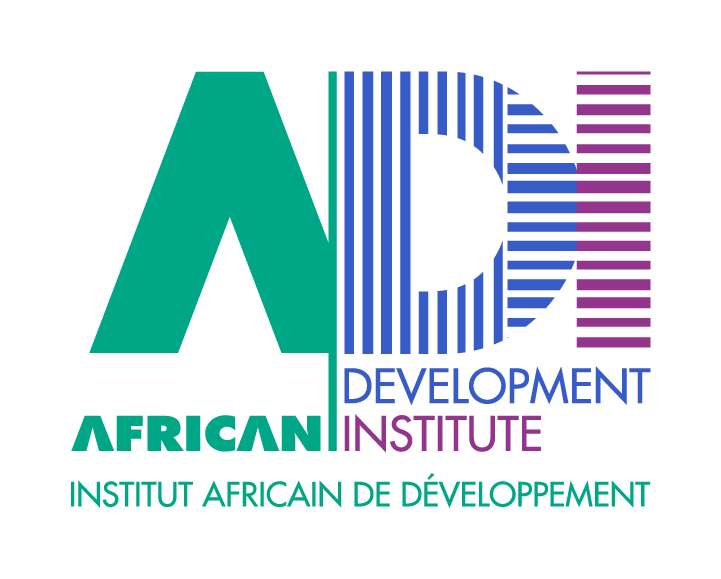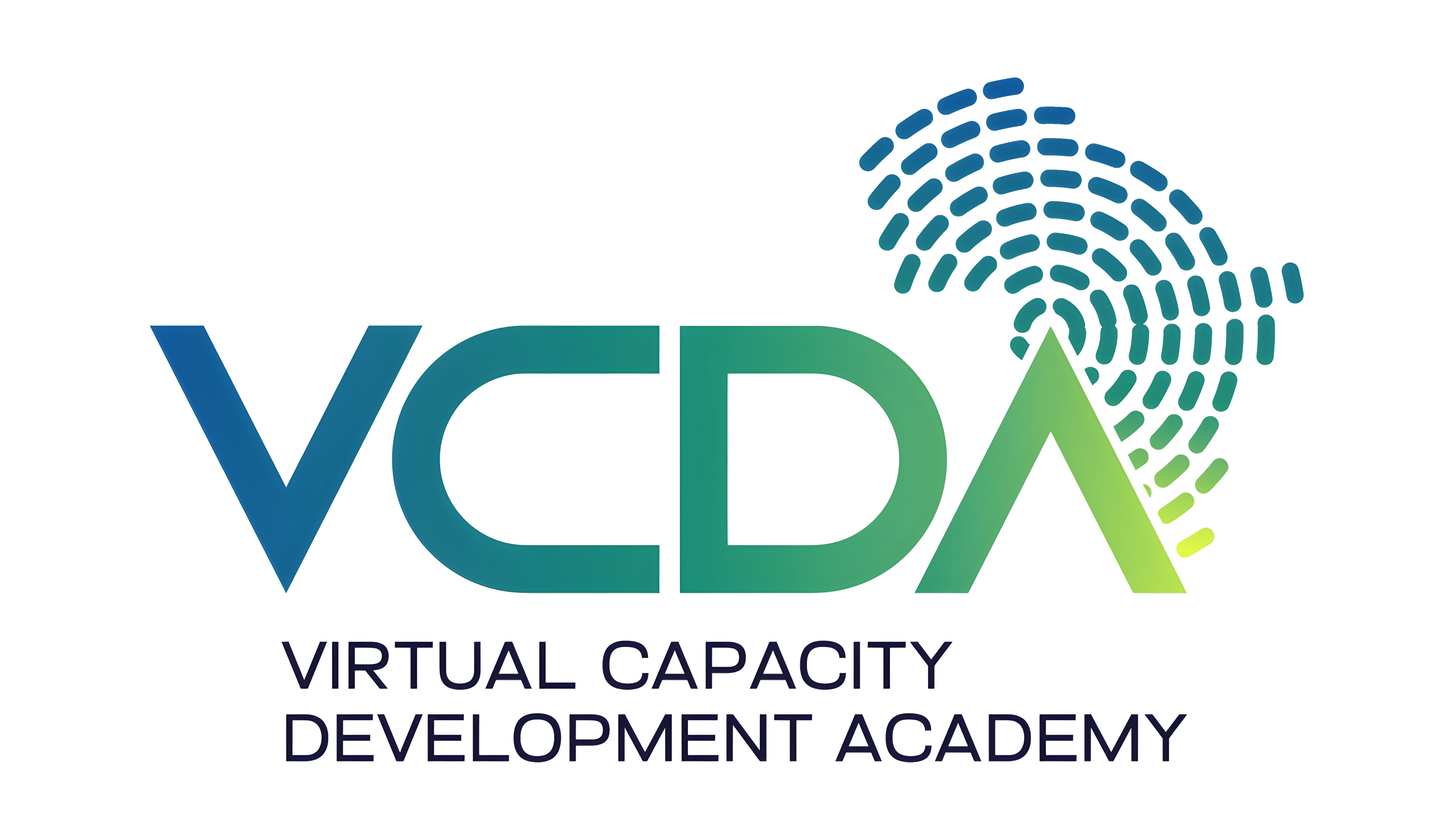The unprecedented immediate impacts of the COVID-19 pandemic on global, regional and national health systems, economies, trade, cultures, and societies have attracted significant interest globally and across countries. Both the public and private sectors, individuals and communities are struggling to respond to the impact of the pandemic. Countries have adopted diverse unprecedented and unequal measures to contain the virus, each according to its capacity.
Like sister multilateral Development Banks (MDBs), the African Development Bank Group has identified up to USD 10 billion in resources that can be made available in 2020 to help Regional Member Countries (RMC) and their private sector enterprises respond to the COVID-19 crisis.
As member countries continue to rightly focus on flattening the disease curve and finding the vaccine and therapeutic cure, African countries also need support with regard to knowledge products and technical assistance to support them in making prompt decisions in addressing the rapidly evolving pandemic, and at the same time keep in view what the COVID-19 responses may bequeath to economies after the pandemic, in the short, medium and long term. There is an urgent need to provide RMCs with evidence-based policy guidance to address the short, medium, and long run impacts of COVID-19 on food systems and agricultural value chains.
The African Development Institute (ADI) has established a Global Community of Practice (G-CoP) to facilitate policy dialogue, training and technical assistance on COVID-19 Response Strategies in Africa. The G-CoP is hosted under the auspices of the Virtual Capacity Development Academy (VCDA) being implemented by ADI. The VCDA is a virtual interactive collaborative environment (VICE) that enables a consortium of certified global experts and anchor institutions to engage in facilitated policy dialogue and to provide evidence-based policy advice, technical
assistance and training to the Bank’s Regional Member Countries (RMCs) on specialized subject areas. Outputs from G-CoP will also be vital to inform the Bank’s capacity development response actions in supporting the RMCs to manage the pandemic; and inform its interventions in shaping the policy responses at the global, regional and national levels.
The ADI, in collaboration with anchor economic policy think tanks and Universities in Africa including the African Economic Research Consortium (AERC) hosted an inaugural e-seminar titled “Enhancing Resilience in African Economies: Macro-Economic Policy Responses to COVID-19 Pandemic in Africa,” on 29 April 2020. The seminar brought together 516 participants, including leading global experts, former Ministers of Finance, former Central Bank Governors, senior leadership of Government Ministries and Parastatals, and practitioners to synthesize knowledge and experiences around the world and provide context-specific guidance on the short, medium and long-term policy options available to African countries in a post COVID-19 era1.
The African Development Institute (ADI) will be hosting the second seminar of the G-CoP on: “Building Resilience in Food Systems and Agricultural Value Chains: Agricultural Policy Responses to COVID-19 in Africa”. The seminar is scheduled on Monday, 18 May 2020, Time: 14:00 – 17:00 hours (Abidjan time) and on 19 May 2020, 08:30 – 11:30 hours (Abidjan time) to accommodate delegates from different time zones in the Western and Eastern hemispheres, respectively.
The seminar will be hosted in collaboration the African Association of Agricultural Economists (AAAE) with Speakers from sister MDBs including the World Bank Group and leading food and agricultural policy institutions/organizations including the International Food Policy Research Institute (IFPRI), and selected anchor institutions including Universities of Agriculture, Agricultural Policy Research Institutions and Networks in Africa and globally.



